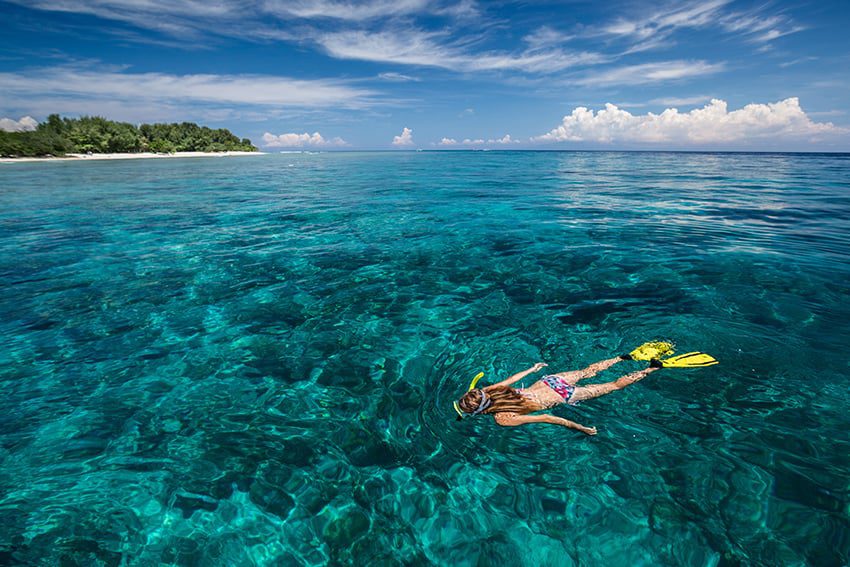Scuba diving is an exhilarating adventure that allows you to explore the mesmerizing underwater world. However, it’s important to approach this activity with the utmost responsibility and respect for the marine environment. To ensure your safety and the preservation of the underwater ecosystem, here are some essential do’s and don’ts for scuba diving:
Do’s:
- Get Certified: Before attempting scuba diving, complete a certified training course to learn the necessary skills, safety protocols, and techniques for a successful dive.
- Plan Your Dive: Always plan your dive in advance, considering factors such as the dive site, weather conditions, currents, and your personal experience level.
- Check Equipment: Thoroughly inspect your diving equipment before each dive to ensure it’s in proper working condition. Follow the manufacturer’s guidelines and use well-maintained gear.
- Equalize Pressure: Equalize your ear pressure as you descend by gently blowing through your nose while pinching it shut. This prevents discomfort and potential ear injuries.
- Breathe Slowly and Deeply: Maintain slow, deep breaths while diving to conserve air, reduce buoyancy fluctuations, and stay calm.
- Ascend Slowly: Ascend at a controlled pace, following the recommended safety stops to allow excess nitrogen to be released from your body and prevent decompression sickness.
- Stay Hydrated: Proper hydration is essential for preventing dehydration, which can increase your risk of decompression sickness.
- Respect Marine Life: Avoid touching, disturbing, or feeding marine creatures. Admire them from a respectful distance and follow ethical diving practices.
- Conserve Marine Environment: Avoid making contact with or damaging coral reefs and other marine life. Be mindful of your buoyancy to prevent accidentally kicking or brushing against delicate organisms.
- Dive with a Buddy: Always dive with a buddy for safety reasons. Keep visual contact and communication throughout the dive.
Don’ts:
- Don’t Hold Your Breath: Never hold your breath while ascending. Exhale continuously to prevent air expansion and potential lung injuries.
- Don’t Overexert: Avoid strenuous activities underwater that can cause rapid breathing, increase air consumption, and lead to exhaustion.
- Don’t Dive When Unwell: If you’re feeling unwell, suffering from a cold, or have any medical conditions that might affect your diving, postpone your dive until you’re fully recovered.
- Don’t Dive Too Deep: Follow your training and dive within the limits of your certification. Going beyond your training depth can lead to complications and risks.
- Don’t Ignore Signs of Trouble: If you experience discomfort, anxiety, or any issues underwater, signal your buddy and ascend together to resolve the situation.
- Don’t Remove Marine Life: Refrain from collecting shells, coral, or any marine life. Preserve the underwater ecosystem as you found it.
- Don’t Touch Bottom: Avoid touching the ocean floor to prevent stirring up sediment or damaging marine life.
- Don’t Skip Safety Checks: Perform pre-dive safety checks, including equipment, buoyancy control, and air supply, to ensure everything is in order before entering the water.
- Don’t Disturb Sediment: Stirring up sand or sediment can reduce visibility for other divers and harm the underwater environment. Maintain good buoyancy control to prevent this.
- Don’t Ignore Dive Guides: If you’re diving with a guide or instructor, follow their instructions and adhere to their guidelines. They are knowledgeable about the dive site and local conditions.
By following these do’s and don’ts, you’ll not only have a safe and enjoyable scuba diving experience but also contribute to the preservation of the stunning underwater ecosystems that make our planet so unique and diverse.



